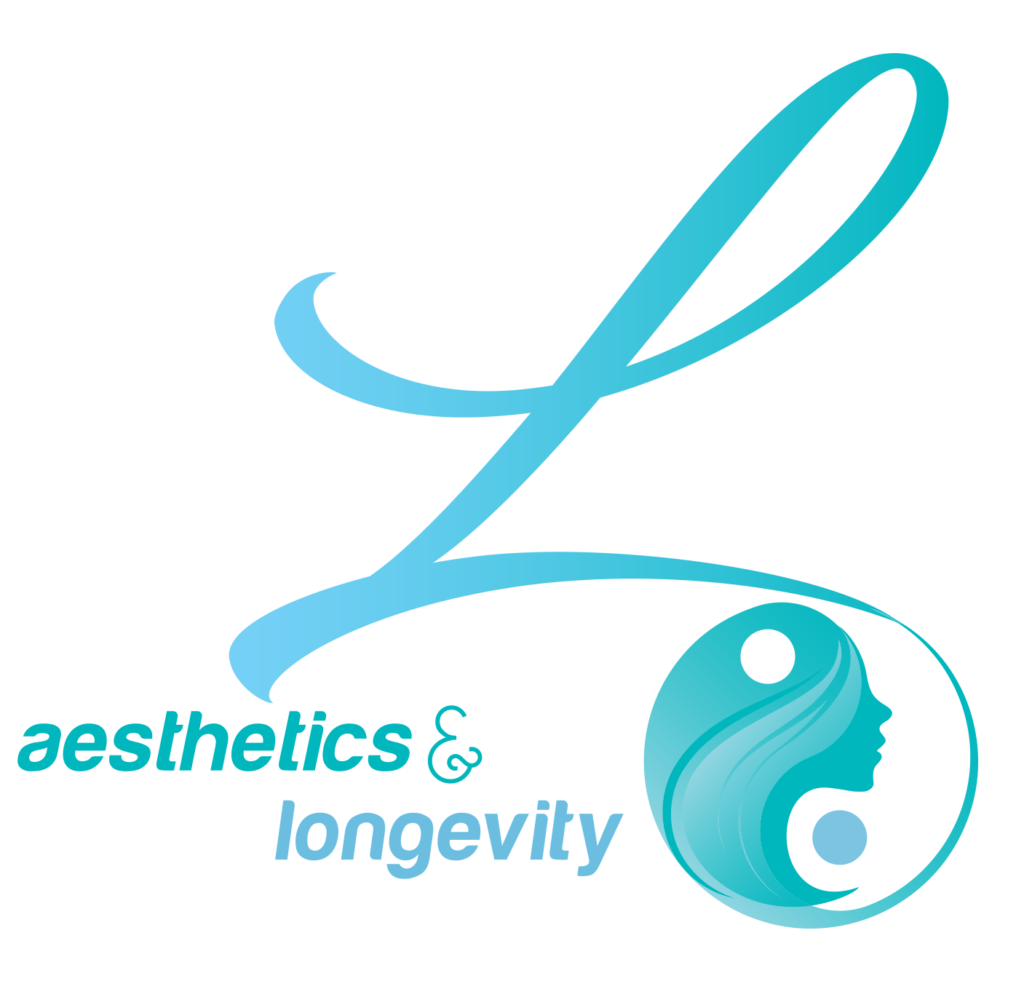Written by: Rebecca Marroquin, L.E
Foods and Your Skin
There’s no single food that has a zero-sum effect on your body. Everything you eat either benefits your health, or it doesn’t. The same is true for your skin; some foods are beneficial while others aren’t. To help you understand the way food and your skin interact, let’s take a look at how your eating habits are related to some common skin problems, including aging.
The Worst Foods for Acne
If you struggle with acne, you may need to avoid dairy. A recent meta-analysis on the link between dairy and acne, studies involving over 78,000 people. Researchers found dairy consumption predicted an increased likelihood of acne in individuals between the ages of 7 and 30. Sugar may be a bigger culprit too. One of the most well-documented scientific findings regarding the relationship between your meal plan and your skin shows foods high in sugar aggravate your skin and contribute to acne.
When insulin is high, your hormones receive a cue to produce more sebum. Sebum is an oily substance that clogs your pores and causes acne. These findings and others suggest intermittent fasting, which increases insulin sensitivity, may have a role to play in reducing embarrassing pimples and blackheads.
Eating Well for Youthful Skin
Your skin sags as you age because collagen production decreases over time. Sugar is especially damaging to collagen because it promotes glycation and increases the production of advanced glycation end products or AGEs. AGEs are harmful compounds that form when protein or fat combine with sugar in your bloodstream. This process is called glycation. Glycation increases when your sugar intake is high or when you eat foods cooked at extremely high temperatures, such as grilled or fried meats.
Intermittent fasting reduces the rate of skin protein glycation because it lowers your blood sugar and improves insulin sensitivity. Intermittent fasting also increases autotaphy, a process that prevents the accumulation of AGEs.
Stress and Your Skin
Your skin health is also related to your state of mind. If you’re experiencing troublesome skin conditions, it may be just as helpful to relax as it is to eat well. Your skin is responsible for sensing external stressors such as temperature, pain, or tension. As such, your skin is intimately connected to your nervous system. Scientists call this the ‘brain-skin connection.’
Stress is a big deal when it comes to your skin. When you’re stressed, you release the stress hormone cortisol, which triggers acne. Stress also aggravates inflammatory-related conditions such as psoriasis and seborrheic dermatitis. Rosacea, hives, and vitiligo are all worsened or triggered in part by stress. There may even be some truth to the adage stress gives you wrinkles.
So while it’s vital to eat healthily and stay slim for good skin, it’s equally important not to stress about it! Stress causes a negative feedback loop. When your skin condition makes you stressed, your stress worsens your skin condition.
Stress relief practices, such as meditation, exercise, and yoga, help calm your mind. Thanks to the brain-skin connection, these results are seen in your body as well. Your skin will benefit from activities that activate your parasympathetic nervous system and decrease cortisol production. It has been proven cortisol requires the presence of sugar.
If skin conditions cause you anxiety, stress, or trauma, a treatment that targets your mind can be just as helpful as a treatment for your skin.
Intermittent Fasting for Skin Health
For glowing, toned, and clear skin, eat well, sleep well, and exercise. Anything you do to decrease stress, reduce inflammation, and regulate your blood sugar has a beneficial effect on your body’s largest organ. More research is needed to demonstrate conclusive cause and effect between intermittent fasting and your skin. But for now, observational studies suggest intermittent fasting is an easy way to get started on the path to a healthier lifestyle and result in more youthful skin.
